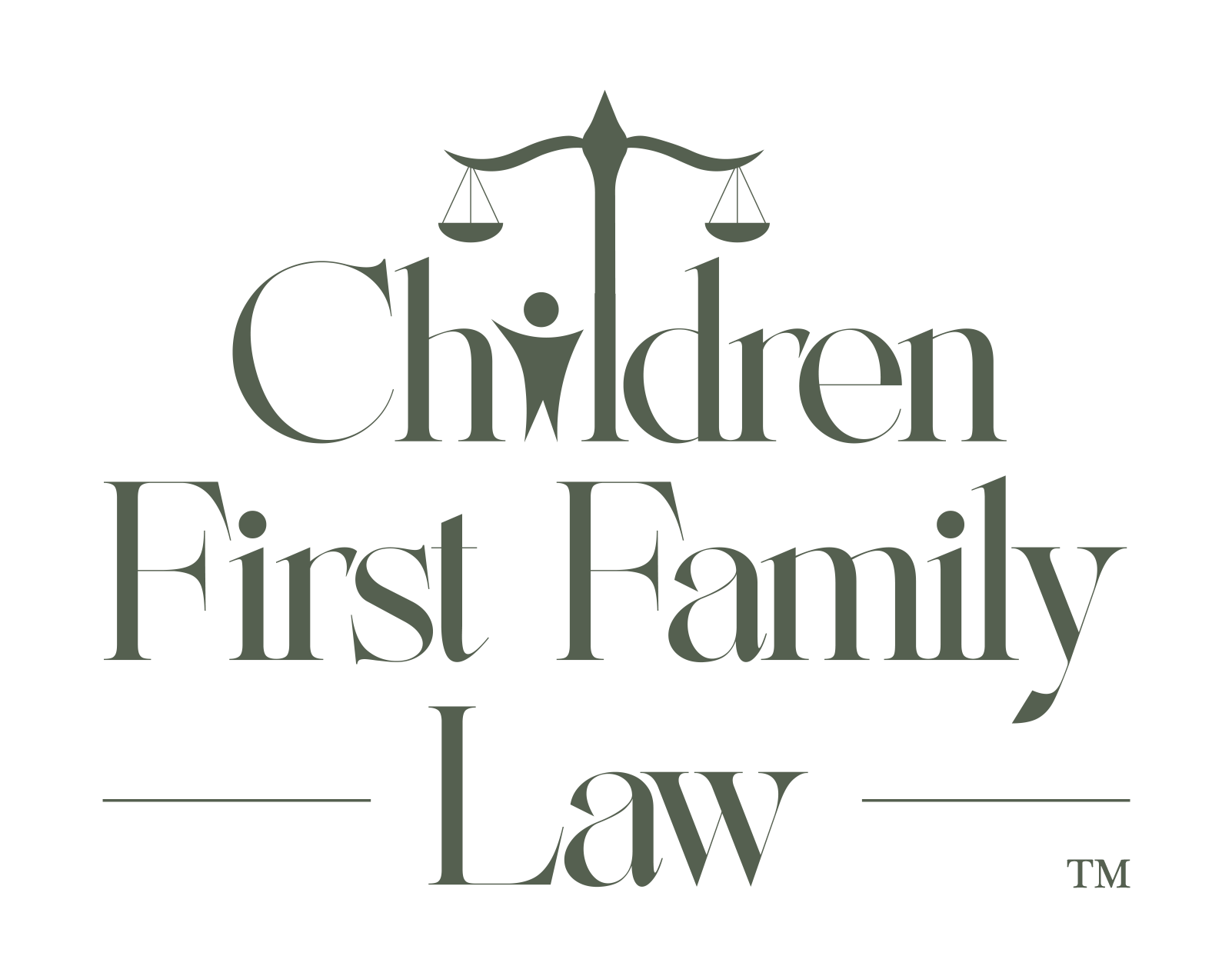When children grow up in homes shaped by conflict, instability, or violence, the impact reaches far beyond childhood. Adverse Childhood Experiences (ACEs) affect not only mental health but also long-term physical health, relationships, and the ability to parent well in the future. In Part 2 of the ACEs, Trauma, and Hope series on the Children First Family Law podcast, Krista sits down with Chris Markham, whose story illustrates both the deep scars of trauma and the extraordinary resilience it takes to overcome them.
Chris’s early years were marked by divorce, emotional disconnection, and parental alienation. His mother struggled with substance abuse and introduced abusive partners into the home, exposing him to physical violence and instability. At the same time, restrictions on his relationship with his father left him longing for connection and support. These experiences created a profound sense of loss and shaped Chris’s understanding of family, safety, and trust.
As if those hardships weren’t enough, Chris was a freshman at Columbine High School on the day of the 1999 school shooting. Present in the cafeteria when violence erupted, he witnessed tragedy firsthand and carried the hidden scars of surviving such a traumatic event. The social aftermath added another layer of complexity, as his family faced stigma because of his sister’s friendships with the shooters. For Chris, childhood was a constant navigation of fear, grief, and survival.
What stands out in his story, however, is not just the trauma but the way he found his way forward. Through martial arts, mentorship, and a commitment to discipline, Chris discovered outlets that offered structure and stability. Supportive adults and positive role models helped him see a different path, one not defined by his past. Today, as a husband and father, he is intentional about breaking cycles of generational pain and modeling healthier relationships for his own children. His story is a powerful reminder that while ACEs can shape lives, resilience can transform them.
For family law professionals and parents alike, Chris’s journey underscores the importance of stability, compassion, and support systems. The effects of ACEs are real, but with the right tools and relationships, children can grow into thriving adults who create stronger, healthier families.
If you want to learn more about the Children First Family Law Podcast, check out www.childrenfirstfamilylaw.com/aces-trauma-and-hope-understanding-childhood-pain-and-building-resilience-part-2-of-a-4-part-series.
